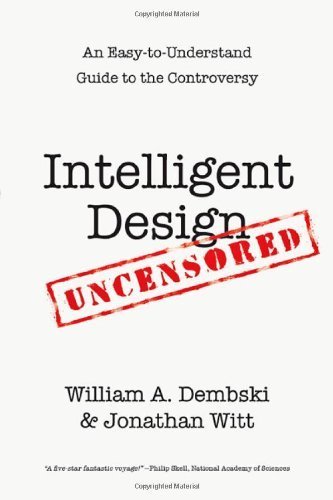What do you think?
Rate this book


Paperback
First published April 7, 2010
“The theory of Intelligent Design holds that many things in nature carry a clear signature of design. The theory isn’t based on what scientists don’t know about nature but on what they do know. It’s built on a host of scientific discoveries in everything from biology to astronomy, and some of them are very recent discoveries.”However, the book goes well beyond scientific issues in evolutionary biology to raise fundamental philosophical questions and even to challenge scientific method itself. This review will be confined to the scientific and philosophical content of the book. I strongly recommend Kenneth Miller’s Only a Theory: Evolution and the Battle for America's Soul to understand the broader implications of Intelligent Design.
“If the primate body plan is a good one, and if a designer chose to work variations on it, who is to say that the designer had no interest in non-human primates with brain capacities a bit larger than today’s non-human primates? There are untold thousands of species from various animal groups that have gone extinct since the appearance of primates, so the real surprise would be if we found no evidence any primates somewhat closer to the human form than now exists.”This account accepts the entire Darwinian view that life is ancient, that there have been countless new species that have arisen and gone extinct, and that each variation is similar to the one before. The only difference is that the designer has had to intervene many millions of times to create each new species.
“According to materialism, humans are not made in the image of God. We are just a collection of atoms, a messy bundle of instincts and urges without higher purpose or significance. Ideas like free will, personal responsibility and even the intrinsic value of human life have no place in a materialistic worldview.”This is more accurately known as reductionism. Scientists use reductionist thinking as part of their job. The fallacy is to confuse a word used to describe an investigative tool with a complete philosophy of life.